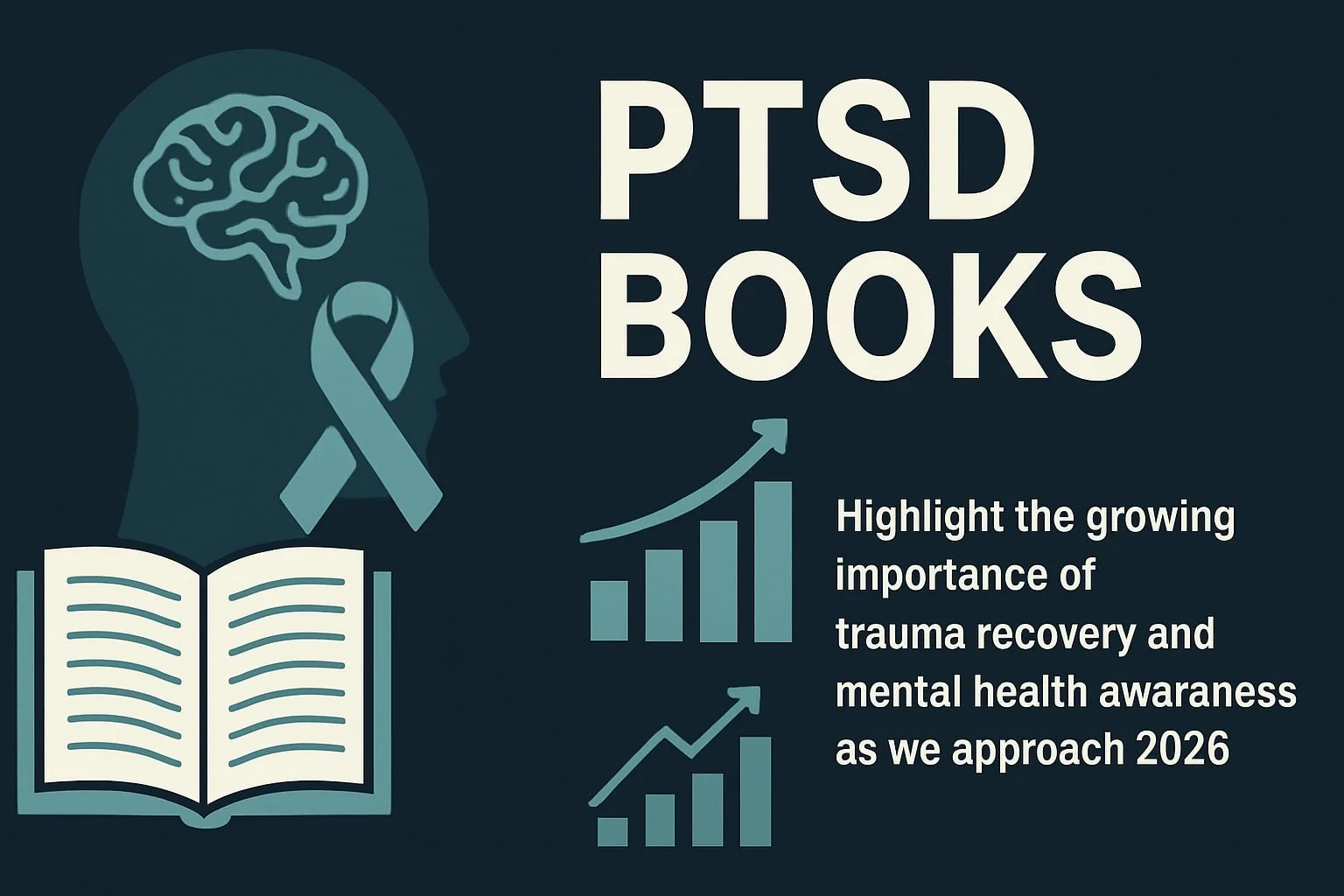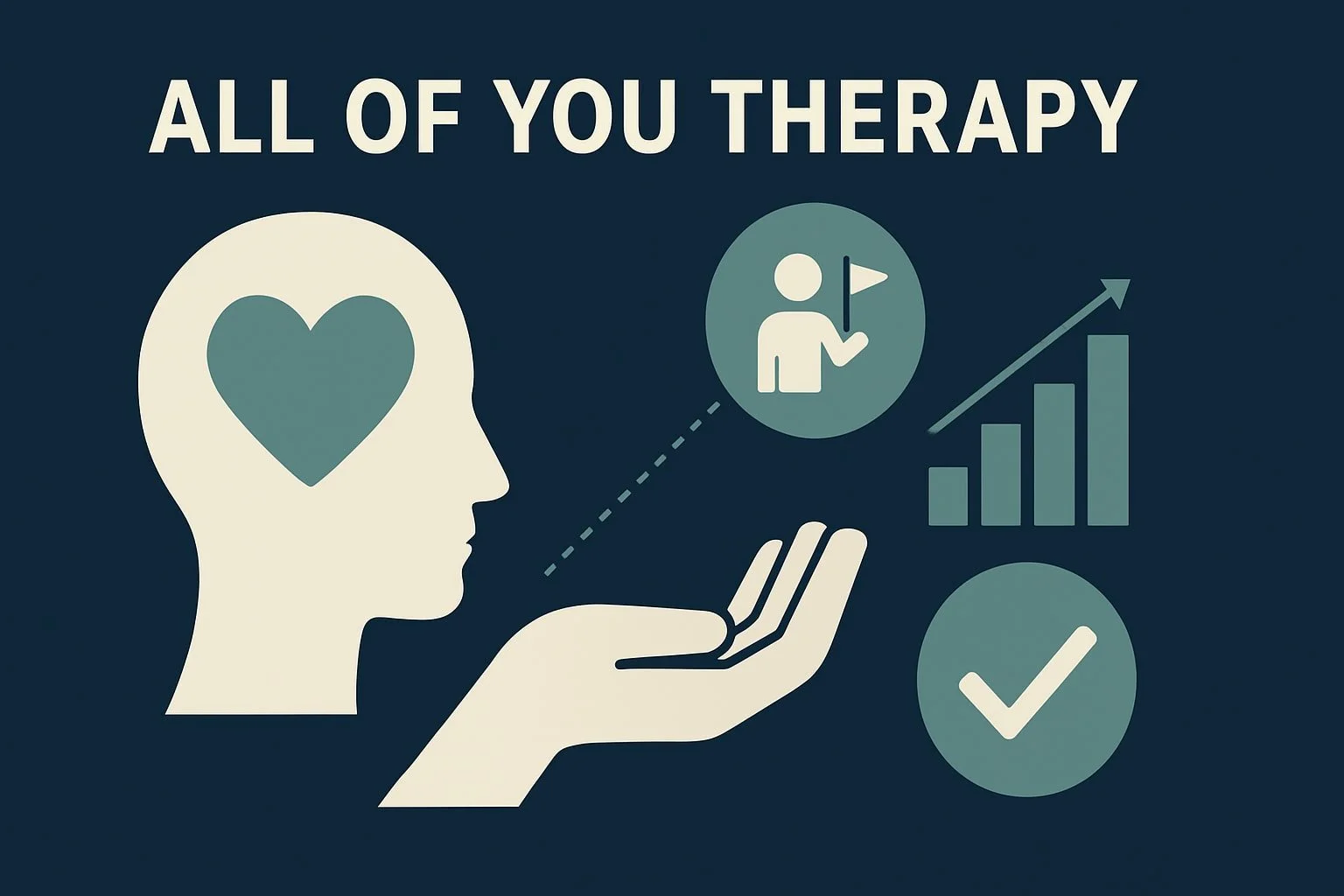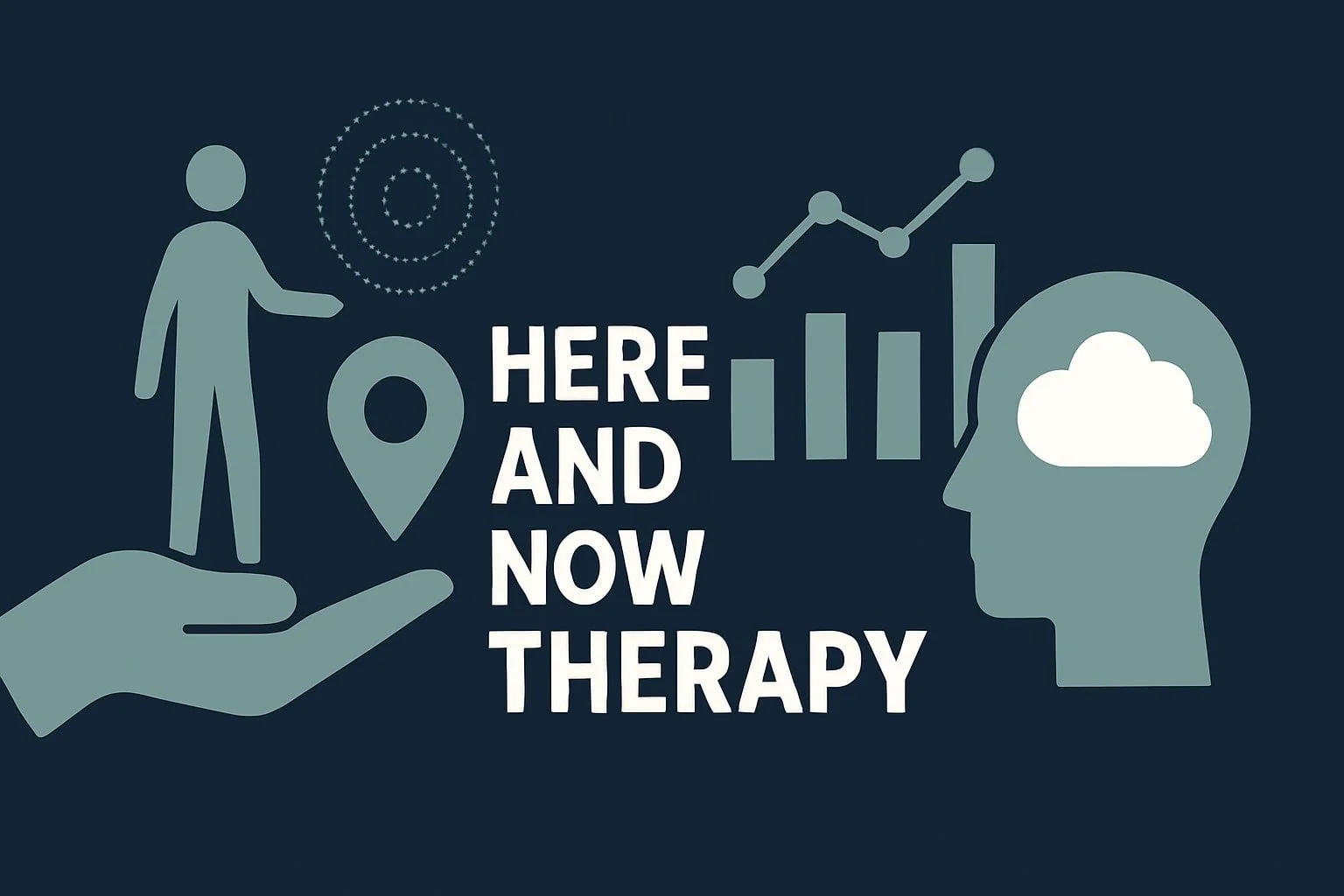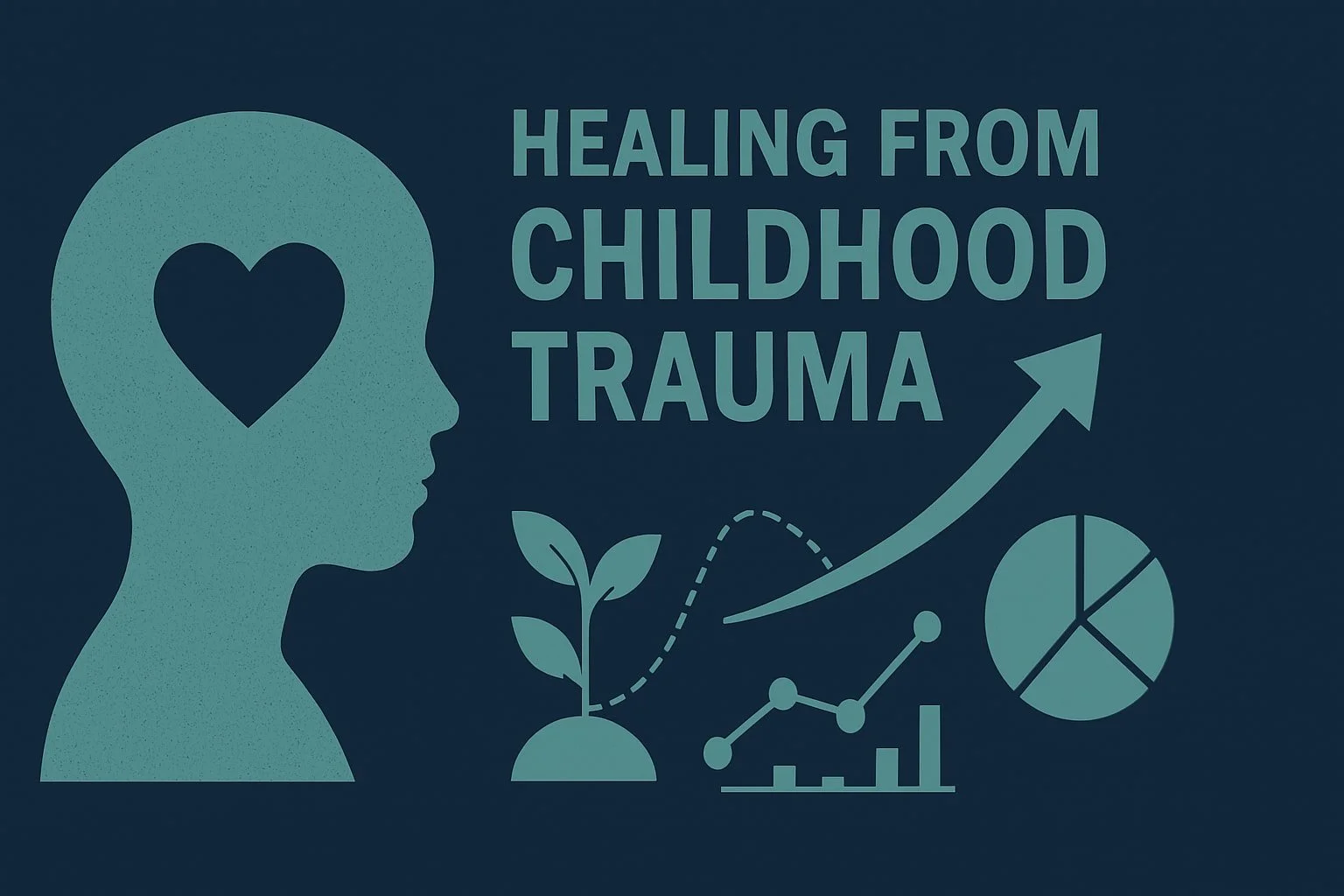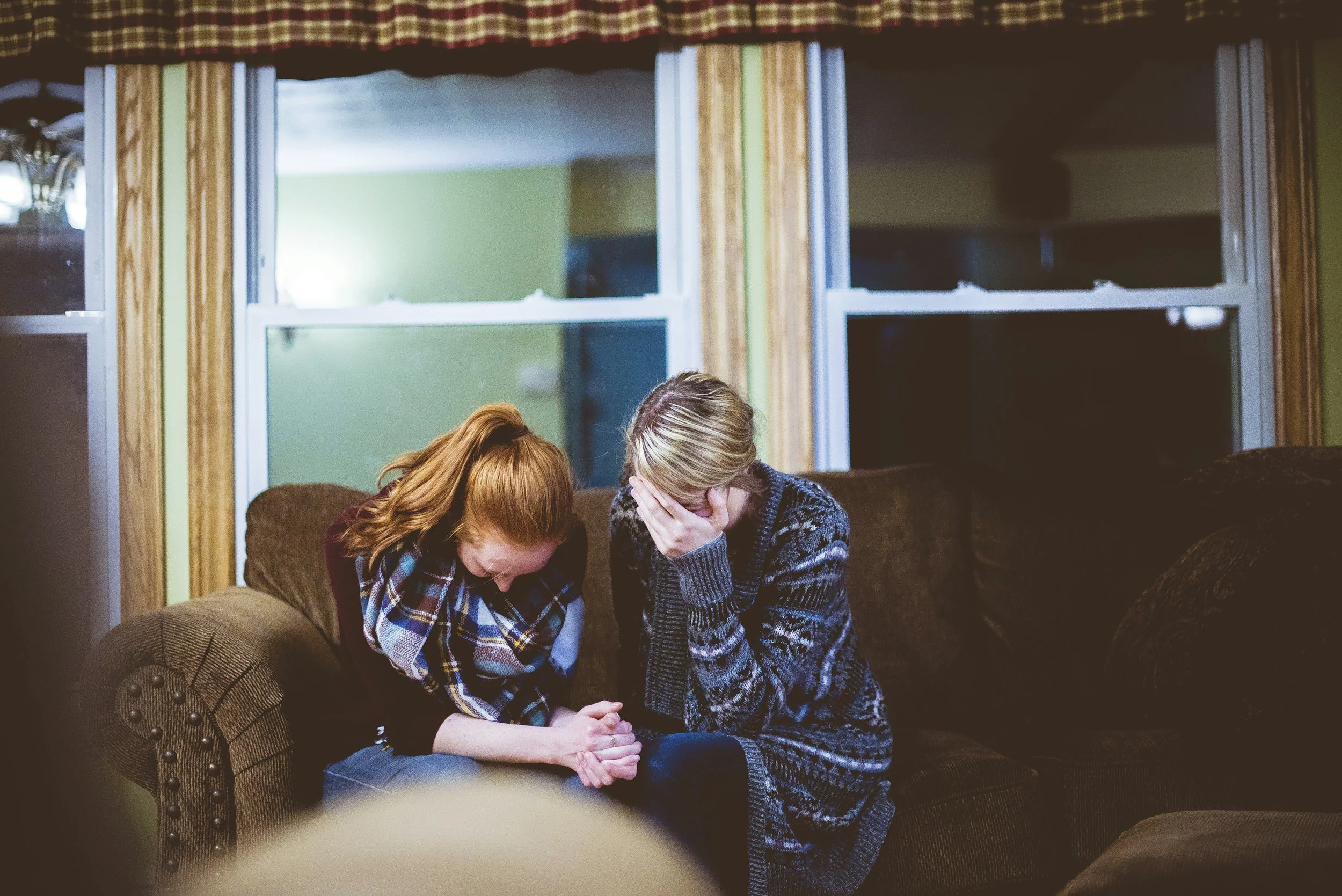Expert Advice for Navigating Confusing Relationships
You’re smart, self-aware, and emotionally tuned in. Yet, you find yourself stuck in a relationship that’s painful and confusing. Why? It’s not a matter of willpower—it’s about how your brain has been wired to form attachments, especially in cycles of love and harm. This is called a trauma bond.

